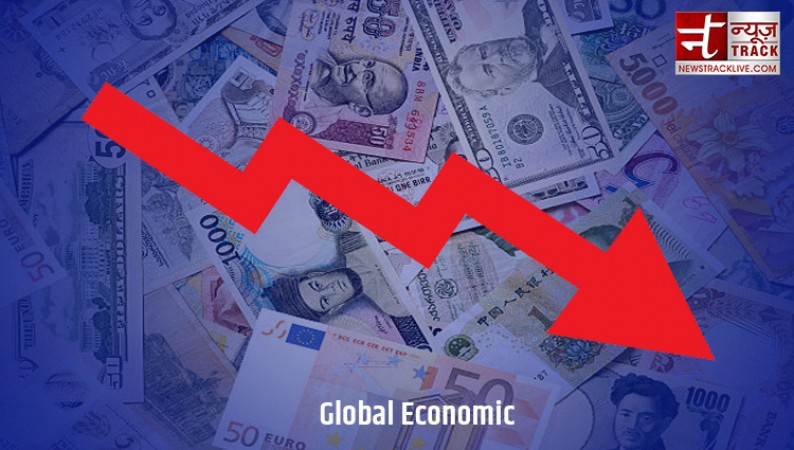
London: The threat of an unprecedented US debt crisis appears to be rapidly fading, saving the world economy from a major shock. However, there are still a lot of storm clouds obscuring the sky.
On Wednesday, a bipartisan bill was approved by the US House of Representatives to increase the debt ceiling and permit the government to keep paying its bills. The risk of a catastrophic default that might have caused a global market meltdown has all but vanished, but the Senate still needs to approve it.
The litany of issues, including high inflation, rising interest rates, and sluggish growth, that had been momentarily overshadowed by the threat of a US default haven't gone away, even though an immediate crisis has probably been avoided.
Also Read: In May, India's Manufacturing PMI reached a 31-month high
"We are still looking into a scenario of a global slowdown," said Carsten Brzeski, global head of macro research at Dutch bank ING, despite taking the "worst-case scenario" off the table.
There is already evidence that the world's top two economies, the United States and China, are experiencing sluggish economic growth.
Data released on Wednesday revealed that the US economy expanded far less than anticipated in the first quarter and that factory activity in China plunged in May to its lowest level since the country ended its zero-Covid policy five months earlier.
It's the most recent indication that China's economic recovery is stalling due to weak domestic demand, rising unemployment, and a severe downturn in the country's real estate market.
Because China is Germany's top trading partner, there is little hope for a quick recovery from its own economic crisis. Due to the impact of the energy price shock from the previous year on consumer spending, Germany entered a recession in the first quarter.
Also Read: Cabinet Nodes Rs.1-Trillion Scheme to increase Grain Storage Capacity In Co-Op Sector
For the rest of the region, which narrowly avoided a recession at the beginning of the year, a protracted slowdown in Europe's largest economy would spell trouble.
The strong economic recovery France has experienced since the pandemic is already slowing. According to official data released on Wednesday, consumer spending declined in April for the third consecutive month.
ING senior economist Charlotte de Montpellier said, "We can now say that the second quarter got off to a poor start." The French economy is clearly contracting rapidly.
In light of this, inflation in Europe's second-largest economy has decreased, mirroring declines in Germany, Spain, and Italy. Data for May, which are due on Thursday, are anticipated to show that consumer prices increased more slowly in May than they did in April, when inflation increased to 7% across the 20 countries that use the euro.
The rate of inflation has also decreased in the UK and the US, to 8.7% and 4.9%, respectively, but it is still too high for central banks, which aim for a 2% rate.
Investors anticipate that policymakers will increase interest rates further in the upcoming weeks to curb inflation, which together with rising prices weighs down the economy.
The cost of basic goods and services rises due to inflation, which reduces consumption. In addition, as interest rates rise, loans and mortgages become more expensive, which reduces consumer and business spending.
Higher borrowing costs have not yet had their full impact. According to a report released by Deutsche Bank on Wednesday, a wave of defaults by US and European businesses is "imminent" as a result of the tightest monetary policy in 15 years, as well as high debt levels and decreased profitability.
According to Deutsche's analysts, the wave won't reach its apex until late 2024.
Also Read: Indian thermal power sector set to enjoy growth spurt in FY2024: ICRA
According to Capital Economics' analysis, the real economy has only benefited from the monetary tightening in developed markets to a lesser extent.
Group Chief Economist Neil Shearing stated in a note on May 15 that "as tighter financial conditions bite, we expect most major advanced economies to slip into recession and wage and price pressures to cool."
The extreme rise in inflation over the previous year made the predicted recessions "relatively mild and should probably qualify as soft landings," he continued.